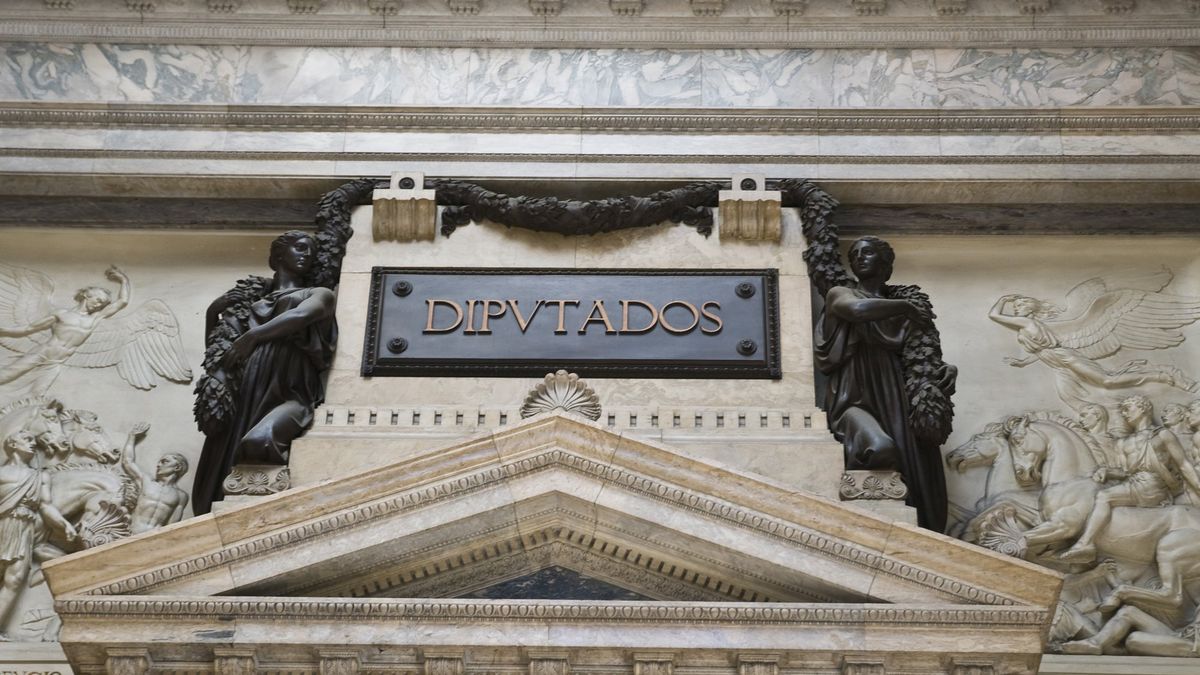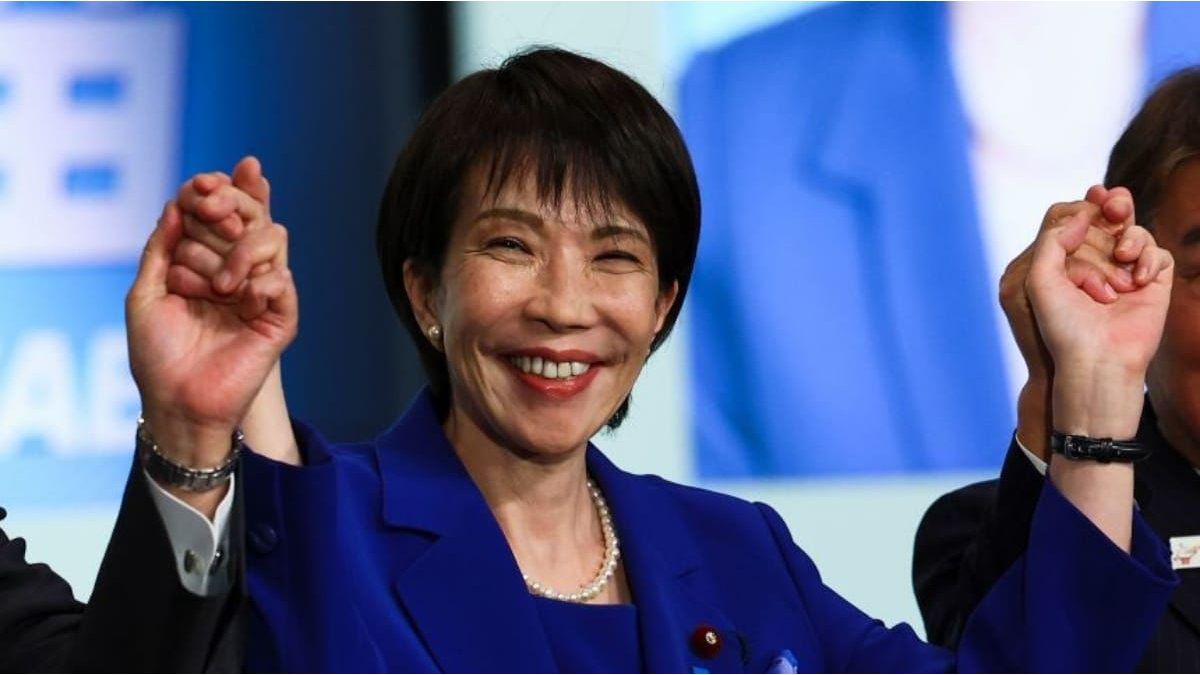The final approval of the Media law was postponed this Tuesday until July after the Colorado Party (PC) had reservations about voting on the modified text in the Senatewhere the controversial article was incorporated that requires that the information on political programs be objective.
The Colorados asked to postpone the vote, he confirmed Ambitwhich is included in the agenda of the topics to be discussed in the plenary session this Tuesday, to analyze in more detail article 72, harshly questioned by the Broad Front (FA) and international organizations for understanding that it promotes prior censorship.
“The broadcast services regulated by this law have the duty to provide citizens with information, analysis, opinions, comments and evaluations in a complete, impartial, serious, rigorous, plural and balanced manner between and with respect to political actors” says the text added by Open Town Hall (CA) and voted by the Senate weeks ago.
The Colorado Party refuses to vote on the media law until it has the commitment of the President of the Republic, Luis Lacalle Pouthat he will veto that article.
The lobbyist Rafael Menendez He admitted that he was “a little surprised” at the Cabildo Abierto by the position taken by Partido Colorado, El País reported. “We thought it was a settled issue, but evidently this is not the case,” he admitted.
Reactions to the controversial article on objective information
International organizations such as UN and Inter-American Press Society (SIP) warned the government for the controversial media law voted in the Senate, particularly for the article added by Town meeting which could involve censorship.
The Regional Office of the UNESCO in Montevideo and the regional representative for South America High Commissioner of the United Nations, Ernesto Fernández Polcuch and Jan Jarab respectively, expressed their concern that the project has been processed without prior debate and because it is contrary “to international standards on the subject.” of freedom of expression”.
“We call on members of the House of Representatives, who will vote on this bill, to promote international provisions of human rightsas well as its subsequent consideration in consultation with social actors, including media, journalists and their associations,” they added in a statement.
For its part, the IAPA expressed its “alarm and rejection” of article 72 of the media law. The organization claims that it was “added at the last minute to a project that imposes regulations on content.”
“It generated questions and rejection in the media, academics and press organizations, among other sectors, considering it a setback due to its possible negative effects on the exercise of freedom of expression and for violating international standards on the matter,” he said.
Source: Ambito




